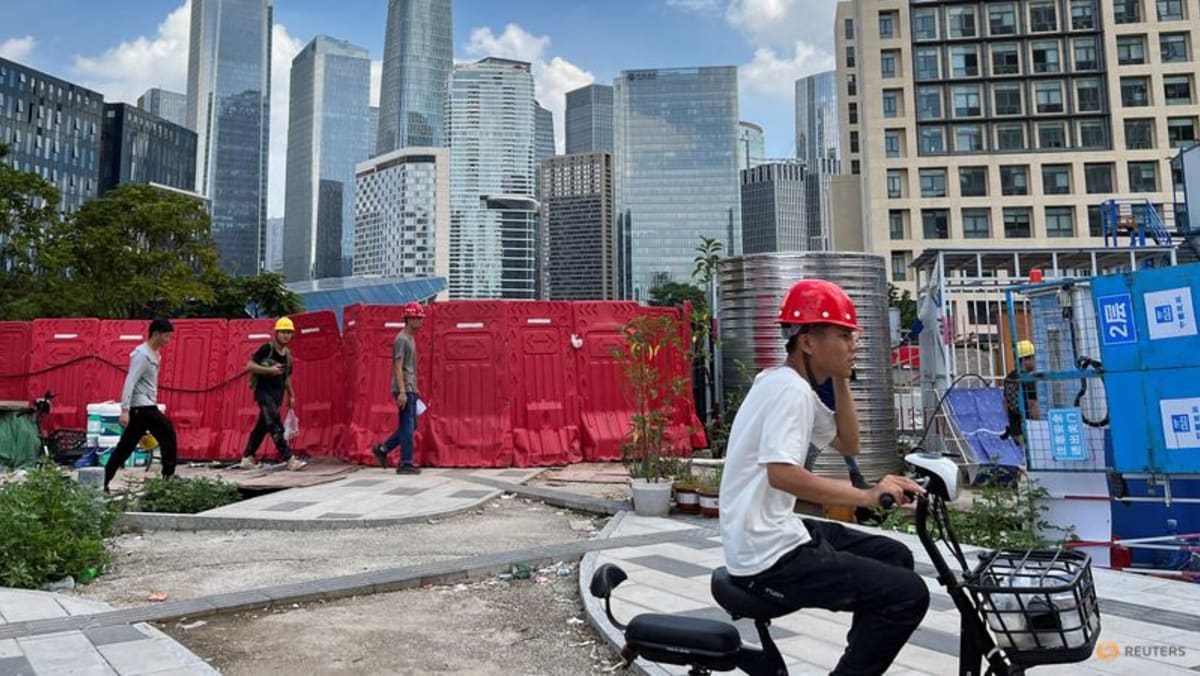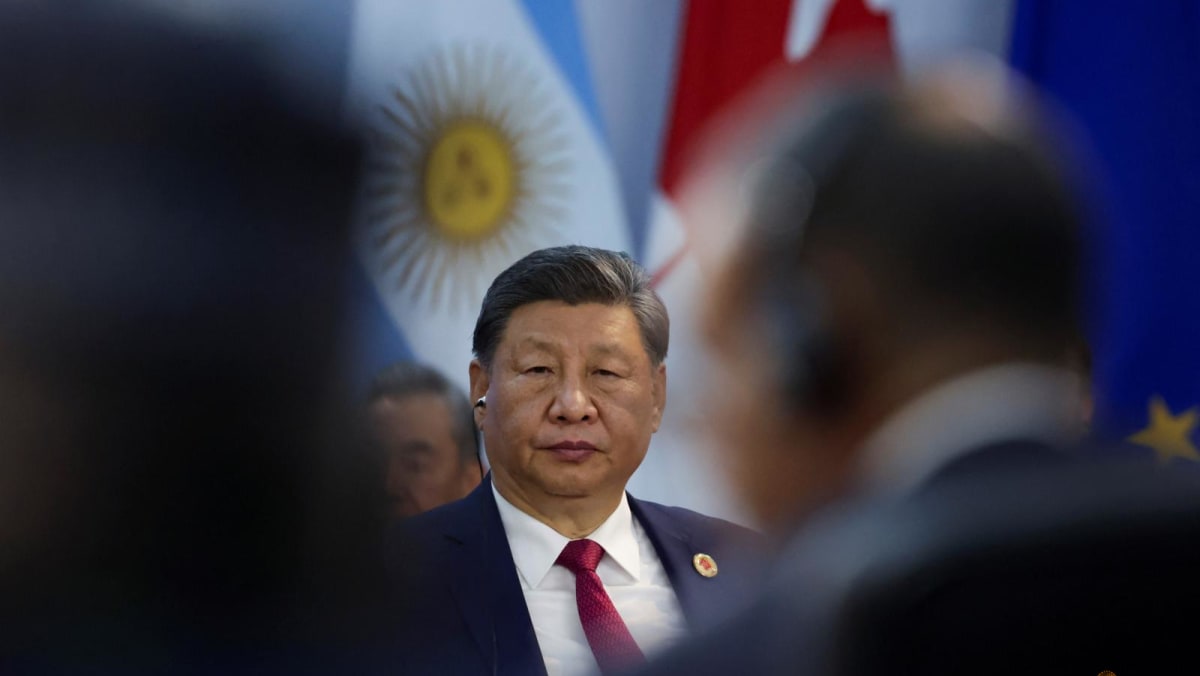China’s manufacturing powerhouse Guangdong eyes technological transformation

PIVOTING TO FACE CHALLENGES
Geopolitical risks and rising costs have prompted local and foreign manufacturers to rethink their supply chain strategies. Some have moved parts of their operations to other regions including South Asia and Southeast Asia.
Chinese electric vehicle manufacturers, for instance, have recently gotten the backing of the government to build supply chains overseas in response to trade restrictions imposed by the United States and Europe.
Guangdong Governor Wang Weizhong noted that while those challenges remain, the region has also optimised the market-oriented, law-based environment to attract major foreign-funded projects.
More than 1,900 such firms set up shop in Guangdong in January this year, an increase of 106 per cent from last year, he said.
“We will actively promote the high-end, smart and green industries. (We will) conscientiously implement the country’s new round of large-scale equipment renewal and deployment, as well as major policy measures such as trade-in of consumer goods and reducing logistics costs,” Mr Wang told CNA.
He added that Guangdong’s regional innovation capability has ranked first in the country for seven consecutive years.
“(This shows) strong confidence in the development of Guangdong’s manufacturing industry, and we will take the development of new quality productivity as a strategic move and a long-term move,” he said.
ATTRACTING TALENT, INVESTMENTS
The region has been at the forefront of China’s economic reform and opening up. It is the nexus of China’s Greater Bay Area (GBA), where rapid high-tech developments are drawing major foreign investments.
“The GBA is going to generate the mobility of lots of talents, including those from mainland Chinese, Hong Kong, Macau and even people from other parts of the world. So, the challenge for Guangdong is to retain the existing talents, while attracting more talents from other provinces,” said political analyst Professor Sonny Lo.
He believes that with increasing investments in tech education and better connectivity to Hong Kong and Macau, Guangdong remains a fertile space for foreign investors.
Source: CNA














